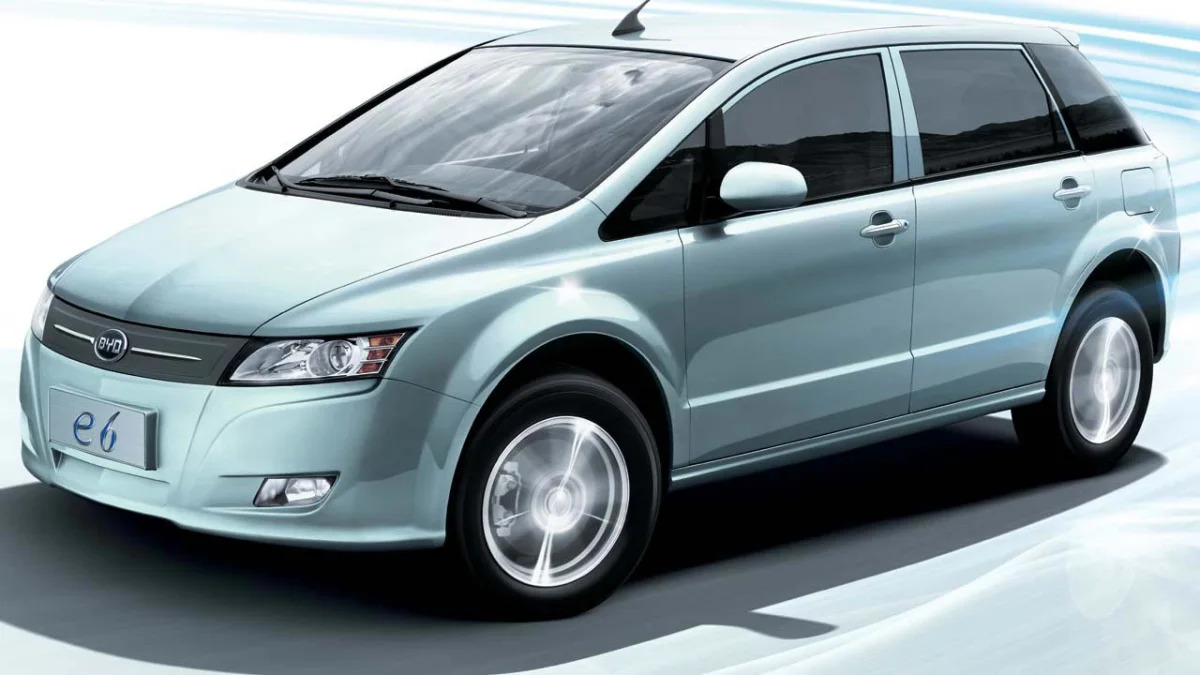Beijing appears to be rethinking its singular focus on electric vehicles as a way to reduce fuel consumption and seems ready to revise its alternative-energy vehicle estimates as it becomes increasingly evident that the city's electric vehicle targets were completely unrealistic.
Beijing – and in some ways, the whole of China – had set out to leapfrog conventional engine technology by developing and manufacturing huge amounts of electric vehicles. In particular, the city had hoped its push to develop plug-ins would give it an advantage over the West in electric vehicle technology. But hopes and dreams don't always jive with reality.
Plug-in vehicle sales in China have been poor and, even though no formal decision has been taken to abandon the nation's grand electric vehicle scheme, some higher-ups in Beijing are reportedly rethinking the policy. For example, The Globe and Mail reports:
Beijing – and in some ways, the whole of China – had set out to leapfrog conventional engine technology by developing and manufacturing huge amounts of electric vehicles. In particular, the city had hoped its push to develop plug-ins would give it an advantage over the West in electric vehicle technology. But hopes and dreams don't always jive with reality.
Plug-in vehicle sales in China have been poor and, even though no formal decision has been taken to abandon the nation's grand electric vehicle scheme, some higher-ups in Beijing are reportedly rethinking the policy. For example, The Globe and Mail reports:
Wen Jiabao, the Chinese premier, reflected intense debate within the bureaucracy recently when he published an article in a Communist Party journal questioning China's road map toward alternative powertrain vehicles.
Meanwhile, Peter Huang, powertrain forecast manager at IHS Automotive in Shanghai, expects Beijing to broader its approach and look into "hybrids and all vehicles that can reduce fuel consumption."
Forbes presents a compelling story on this notion that China and its sole focus on electric vehicles don't mix. Here's a particularly striking excerpt:
Forbes presents a compelling story on this notion that China and its sole focus on electric vehicles don't mix. Here's a particularly striking excerpt:
Take Warren Buffett. In September 2008, the "Oracle of Omaha" took a 10-percent stake in BYD, the Shenzhen-based battery and vehicle maker, for $200 million. The move landed him on the cover of Fortune in 2009, inside the company's e6 model with the now-famous caption, "Warren Buffett hasn't just seen the car of the future, he's sitting in the driver's seat."
But was he really sitting in the vehicle of future? Forbes says BYD has sold a grand total of 53 (!) e6s since March of 2010, with nearly all of those going to local taxi companies, which leads us to this question: How can a vehicle that doesn't sell represent the future?





Sign in to post
Please sign in to leave a comment.
Continue